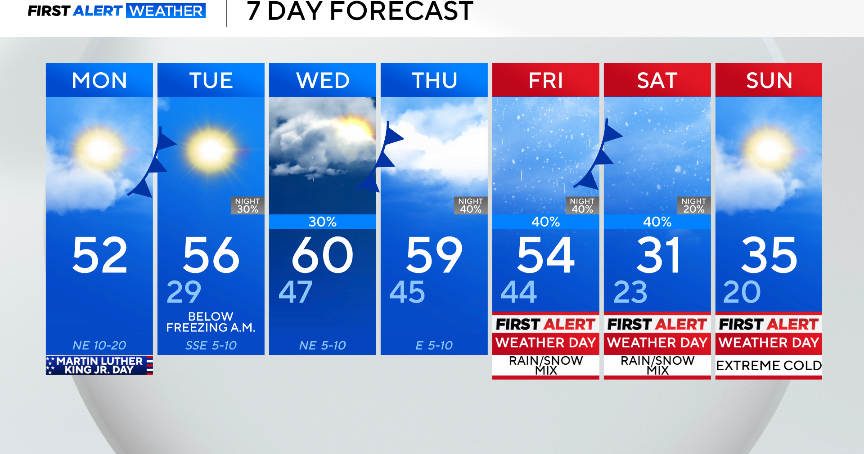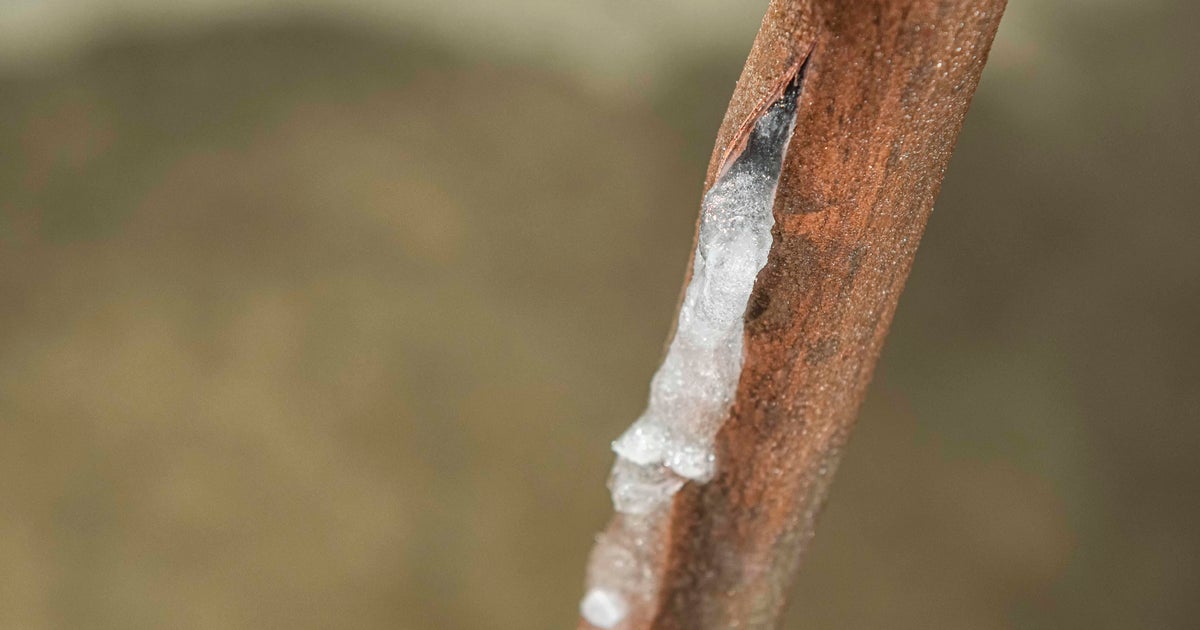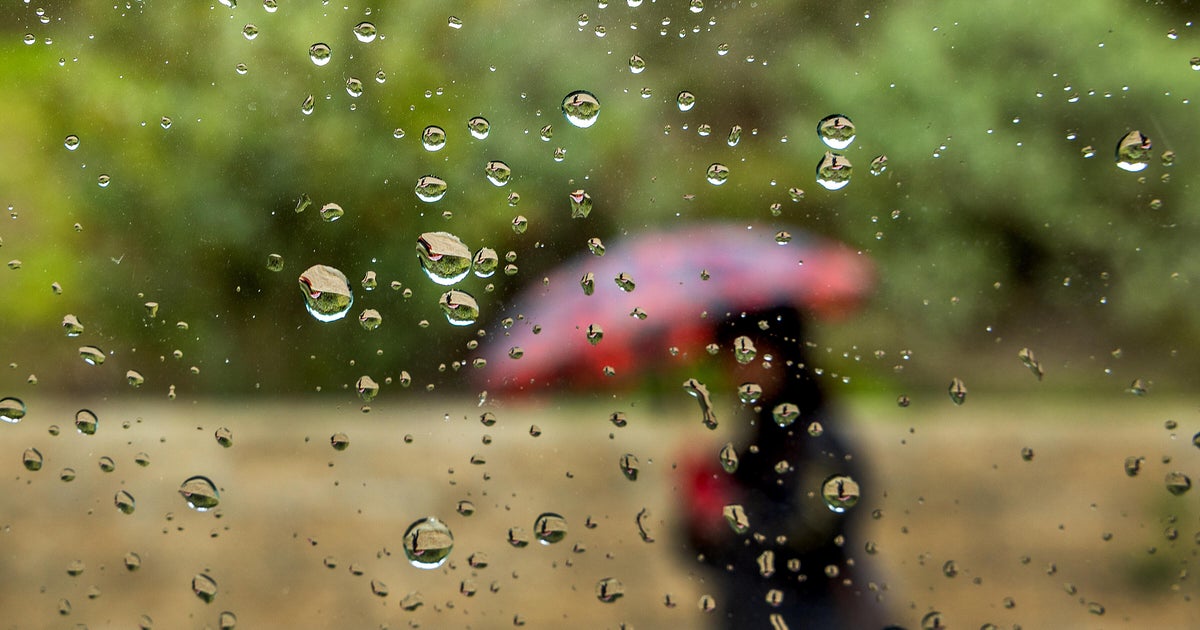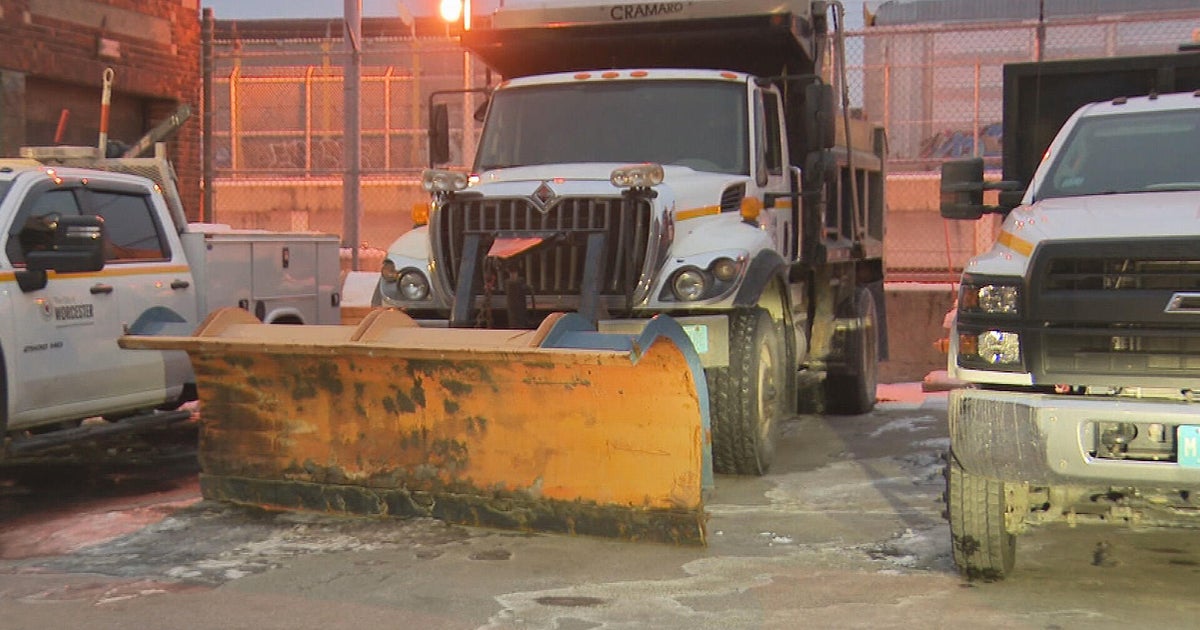Heavy rains could bring bigger, more aggressive "floodwater mosquitoes" to North Texas
NORTH TEXAS – If you think the mosquitoes are bad now, just wait.
Experts say we're about to see a huge boom in the insect population thanks to recent rainfall and the rising temperature.
"We're fixing to see a bloom like none other," said Raye Chisholm, general manager of Mosquito Squad of Fort Worth. "All the rain and moisture we've been having is causing the ground to stay wet. It will cause the mosquito population to be more active because they're going to breed more."
Mosquitoes only need a bottle cap full of water to lay hundreds of eggs, and torrential rains this week have left massive puddles everywhere.
Just over the last 48 hours, some spots of North Texas saw four to five inches of rain. Experts believe that could bring out a different species of mosquito than what we're used to – called the "floodwater mosquito."
"They're more aggressive," Chisholm said. "A floodwater mosquito, they lay their eggs, larvae and pupae in the ground and it can stay there for years. It can stay there for years and never be detected. Then we have all these waters, these floods, and they can come out in droves. It will be a lot."
Chisholm said it's important for people to be proactive now to help reduce the number of insects.
Go around your property and dump out anything with standing water. Clean out those gutters too because debris in there will trap in moisture and become a mosquito breeding ground.
It may be worth hiring professionals to treat your yard as well.
West Nile has already been detected in North Texas this season. The first mosquito positive for the virus was found two weeks ago in Arlington.
"It's important that the public know that it's not just a nuisance to you," said Chisholm. "It's a risk. It's a risk to your health."
Local health departments are baiting mosquito traps and watching for signs of West Nile and other viruses. Several cities have already begun spraying as well.
The City of Fort Worth says "reducing the mosquito population and your risk of being bitten by them is the best way to prevent infection" and offers the following tips to protect yourself and those in your home:
- Dump standing water in and around your home by emptying and scrubbing all outdoor containers such as pools, toys, planters, birdbaths and trash containers.
- Tightly cover water storage containers such as buckets, cisterns and rain barrels so that mosquitoes cannot get inside to lay eggs.
- Clean out gutters to avoid standing water. Examine gutters for damage that would cause water to collect.
- Inspect your yard after every rainfall and empty any containers or areas where water has collected. Also watch for puddles where condensation gathers from the AC unit.
- Use screens on windows and doors and repair holes in the screens.
- Apply insect repellent anytime you're outside. an Use insect repellent with one of these active ingredients: DEET, Picaridin or oil of lemon/eucalyptus or other EPA-approved repellent.







